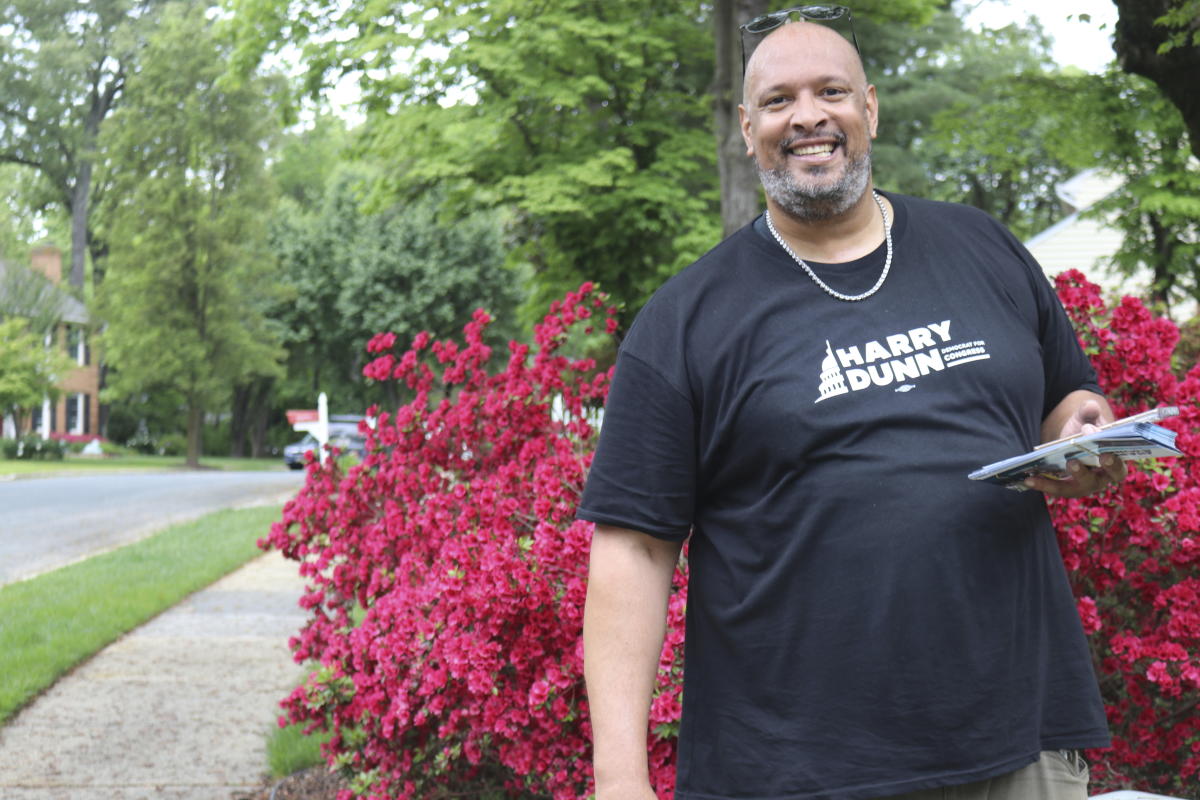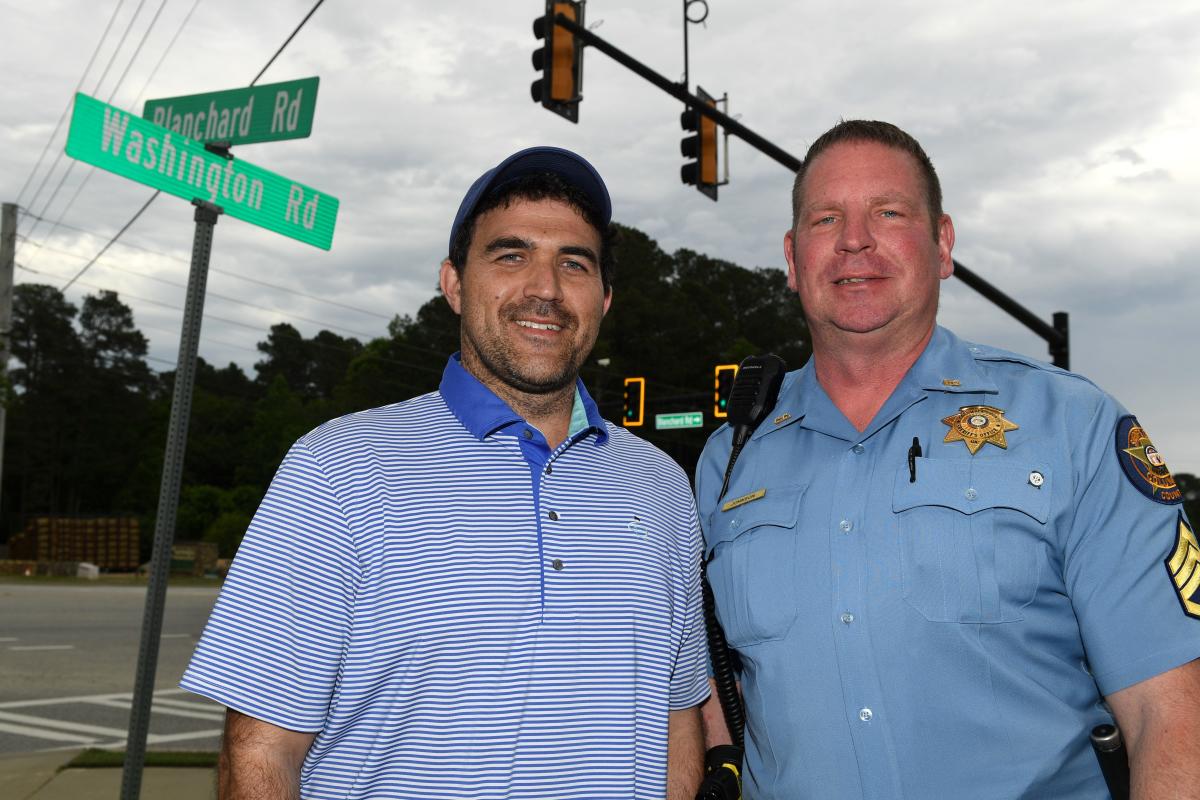
A federal judge has extended a block on enforcement of the new Ohio law that limits children’s social media access.
>>PREVIOUS COVERAGE: Federal judge temporarily blocks Ohio’s new social media parental consent law
U.S. District Court Judge Algenon Marbley’s decision to grant a preliminary injunction prevents the law from taking effect while a lawsuit filed earlier this month by NetChoice winds its way through court, the Associated Press reported.
In his decision, Marbley said NetChoice is likely to prevail on its First Amendment speech freedom arguments.
“There is no indication that the State disfavors the sort of content designed to appeal to children — cartoons and the like,” he wrote. “‘Websites that children might access’ is not a topic or subject matter. Indeed, even though covered platforms contain some subject matter likely to appeal to children, most also contain subject matter ‘as diverse as human thought.’”
>>RELATED: Group representing Meta, TikTok sues Ohio over new law limiting kids’ use of social media
News Center 7 previously reported last month that a federal judge issued a temporary restraining order blocking the new Ohio law.
NetChoice, which represents Meta and TikTok, filed a lawsuit against the State of Ohio. The group asked the court to stop the Parental Notification by Social Media Operators Act from going into effect while the lawsuit moves through the legal system.
The group further claimed that the law “violates constitutional rights” and “rips away parent’s authority.”
NetChoice filed suit last month against Ohio Attorney General Dave Yost and a temporary injunction was issued shortly after, according to the AP.
>>RELATED: Minors will soon need parental consent to create social media accounts
Following Monday’s ruling, Governor Mike DeWine and Lt. Governor Jon Husted released statements about the court’s decision, both saying they were “disappointed” with the ruling.
“There is overwhelming evidence that social media has a negative effect on the mental health of minors, including increases in depression and suicide-related behavior,” said Governor DeWine. “The Social Media Parental Notification Act remains a reasonable, clear, narrowly tailored, and, I believe, lawful approach to provide safeguards and parental guidance. I am disappointed in today’s ruling by the district court and respectfully disagree with it. Since the federal courts are interpreting federal constitutional law as preventing the State of Ohio from protecting Ohio’s children, then Congress needs to act to protect our country’s children.”
Husted said the ruling, “will not deter us from our responsibility to protect children from exploitative social media algorithms that are causing a crisis of depression, suicide, bullying, and sexual exploitation among our children. These companies could solve this problem without passing new laws, but they refuse to do so. Because social media companies will not be responsible, we must hold them accountable.
“Now, more than ever, we have a responsibility to continue our fight to protect children so they will not be exploited and monetized at the hands of big tech.
“After we have time to review the decision, we will determine our next steps, but we are resolved to escalate our efforts to protect kids from further exploitation.”
The Associated Press also reported that Marbley pointed out that the Ohio law is not structured to prevent children from exploring the internet once they’ve received parental permission, and it does not seem to attempt to limit individual social media features — such as “infinite scrolling” — that have been cited as the most detrimental.
“The approach is an untargeted one, as parents must only give one-time approval for the creation of an account, and parents and platforms are otherwise not required to protect against any of the specific dangers that social media might pose,” he said.
The judge also called it “eyebrow-raising” that the act makes an exception for children to access “established” and “widely recognized” news media outlets without defining what that means, and prohibits kids from accessing product reviews but not reviews for services or art.
>>ORIGINAL COVERAGE: Ohio proposal would require verified parental consent before kids can use social media
Netchoice released the following statement on social media praising the court’s decision.
“We appreciate the district court’s thoughtful opinion upholding the First Amendment and decision to prevent regulators from violating the free speech and online privacy rights of Ohioans and their kids as our case proceeds,” said Chris Marchese, Director of the NetChoice Litigation Center. “This is the fourth ruling NetChoice has obtained, demonstrating that this law and others like it in California and Arkansas not only violate constitutional rights but if enacted, would fail to achieve the state’s goal of protecting kids online. We look forward to seeing these laws permanently struck down and online speech and privacy fully protected across America.”
NETCHOICE HALTS OHIO LAW: 4TH RULING STOPPING LAWS THAT FAIL KIDS, PARENTS & CONSTITUTION
COLUMBUS, Ohio—Today, the U.S. District Court for the Southern District of Ohio officially granted NetChoice’s request to halt the state’s unconstitutional Parental Notification by Social…
— NetChoice (@NetChoice) February 12, 2024
The law, which forces social media platforms to get formal consent from parents before a child under 16 can create a social media account, was set to take effect on Jan. 15.

Amanda Smith is a dedicated U.S. correspondent with a passion for uncovering the stories that shape the nation. With a background in political science, she provides in-depth analysis and insightful commentary on domestic affairs, ensuring readers are well-informed about the latest developments across the United States.








